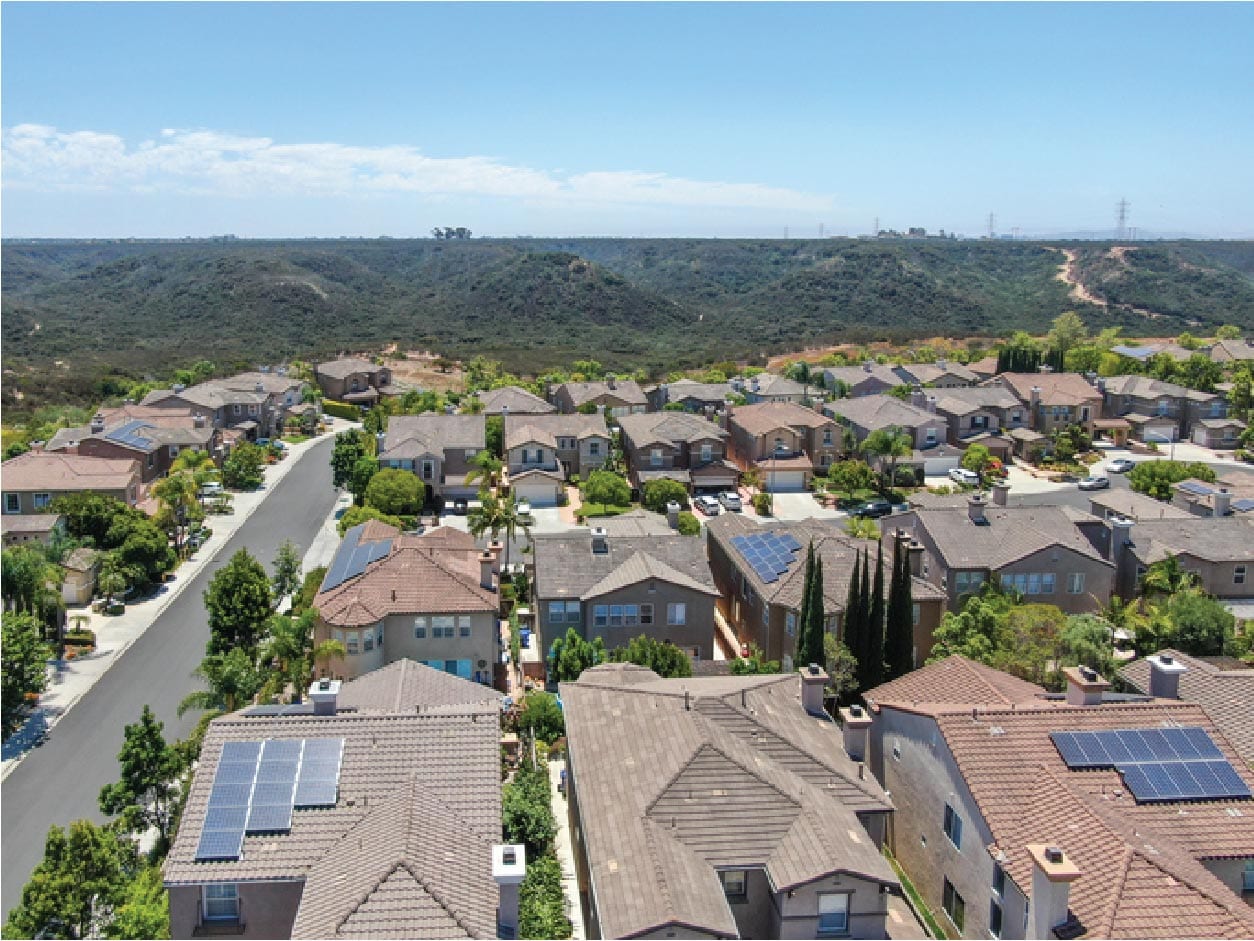The Different Types of Solar Panels

Now that you’ve made the decision that you want to move forward with having a solar system installed at your home, you still have a few more decisions to make. Not only do you need to choose the specific technology used in your solar system, but you also need to evaluate your energy needs and long-term goals. Take a look at your electric bills to see how many kilowatt hours you use on a yearly average. Then you and your solar designer can determine how many solar panels you will need to produce that amount of electricity or more if needed.
Types of Solar Panels
As you learn more about solar, you will see that there isn’t a cookie-cutter system used for every home. It’s a good idea to learn about the technology that will work best for your individual energy needs.
Here is an overview of common materials used for solar panels:
- Monocrystalline: The cellular cells are made of silicon wafers and covered with a glass sheet. This type of solar panel is popular because it offers high efficiency, great performance, and is one of the best solutions for aesthetics. These panels cost a little more compared to other options, but many homeowners see that it’s worth the cost because of the performance capabilities. Most solar installation companies use monocrystalline solar panels.
- Polycrystalline: This design is similar to the monocrystalline panels, with silicon wafers and glass paneling. But there is a difference in the way the silicon is manufactured. This option is often lower in cost, but you can also expect lower performance and efficiency.
- Thin-Film: Finally, thin-film products are an option to consider. The main benefit is that these panels are lightweight, flexible, and portable. But it comes at a cost – these panels offer the poorest results for efficiency and performance. You need many more thin-film solar panels to equal the production of the monocrystalline solar panels.
Keep in mind that the cost of different types of solar panels will vary, and the performance of these panels also varies. There are micro-inverters, string inverters and battery back-up to learn about as well. The best solution is to consider your specific needs and the solar system design that will work best for you. An experienced solar installation company will have designers that can help educate you about the different solar components, discuss your options and answer any questions that you have about solar, so you can make an informed decision.
Quality Matters When Your Are Having Solar Installed
If you are going to invest your money into having solar installed, it makes sense to choose products that are built to last. At New Day Solar, we are committed to providing the highest quality results for our customers. When you are ready to learn more about your options for solar, give our experienced team a call and schedule a free, no-obligation consultation at: (855) 444-6329 or visit us online at: www.newdaysolar.com. We have been installing solar since 1988 and will always give you honest answers to your solar questions.
Filed Under:
have questions?
Schedule a consultation with Our Solar Experts
Find out more with an honest, no pressure consultation
with our team of solar experts.